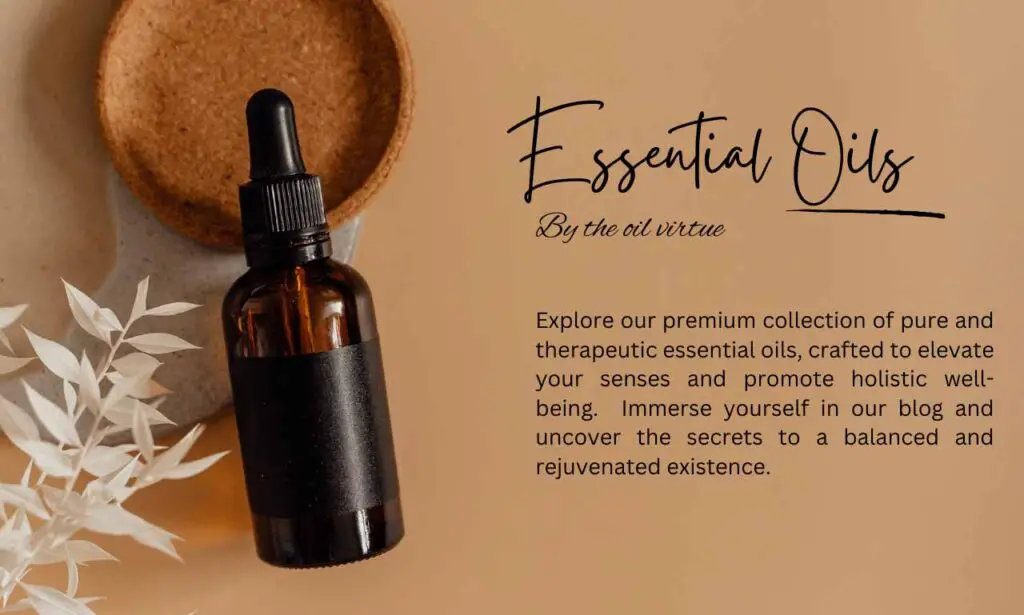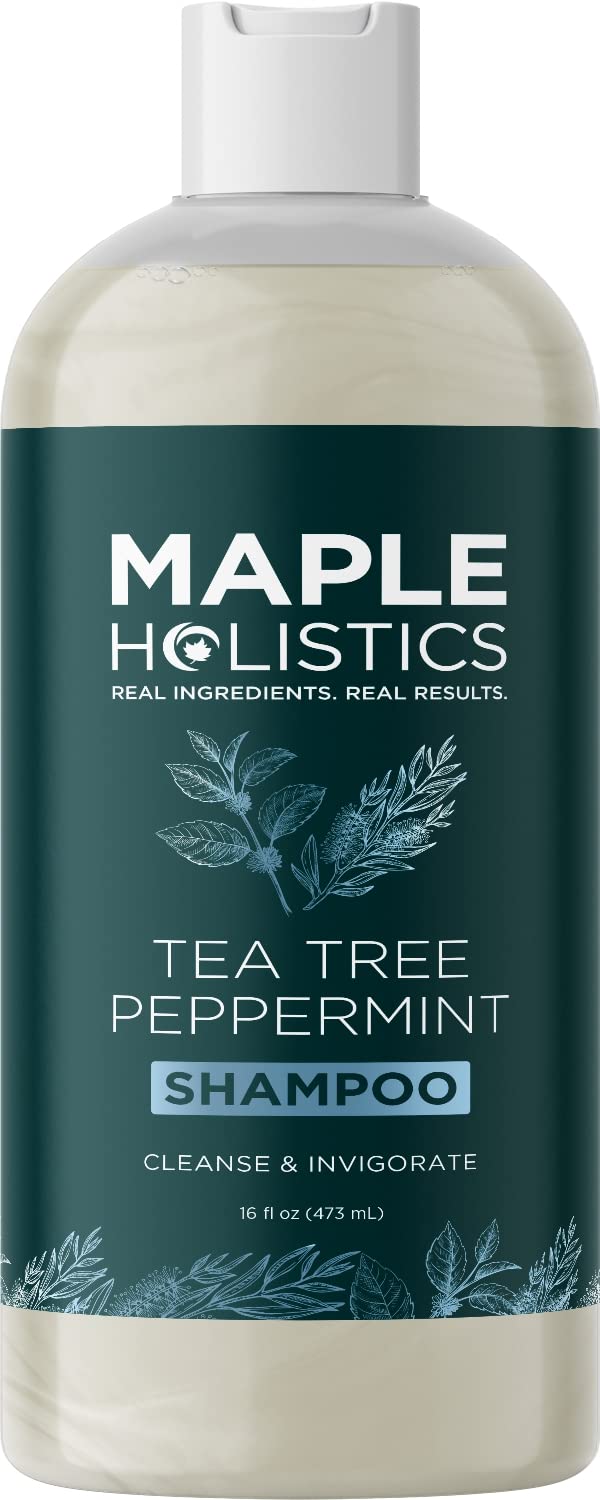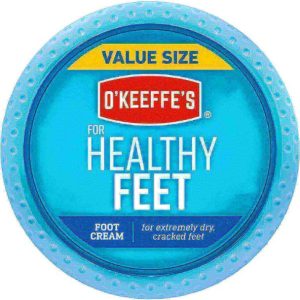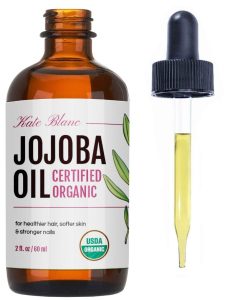
Sweet Bonanza Oyna Demo ve Paralı Slot Oyunları Hilesi 2024
Sweet Bonanza Oyna Demo ve Paralı Slot Oyunları Hilesi 2024
Continue Reading Sweet Bonanza Oyna Demo ve Paralı Slot Oyunları Hilesi 2024
Sweet Bonanza: Yasal Site ve Bahis Olanakları
Sweet Bonanza: Yasal Site ve Bahis Olanakları
Continue Reading Sweet Bonanza: Yasal Site ve Bahis Olanakları
Sweet Bonanza Demo: Kazanma Taktikleri ve İnceleme
Sweet Bonanza Demo: Kazanma Taktikleri ve İnceleme
Continue Reading Sweet Bonanza Demo: Kazanma Taktikleri ve İnceleme
Populer Mostbet casino bahis sitesi 2024
Populer Mostbet casino bahis sitesi 2024
Sweet Bonanza Demo Oyna
Sweet Bonanza Demo Oyna
1xBet App for iPhone: Convenience and Performance at Its Best
1xBet App for iPhone: Convenience and Performance at Its Best
Continue Reading 1xBet App for iPhone: Convenience and Performance at Its Best
Mostbet Giris: Rahat ve Suretli Qeydiyyat
Mostbet Giris: Rahat ve Suretli Qeydiyyat
Inscrivez-vous sur xBet dès maintenant
Inscrivez-vous sur xBet dès maintenant
L’app xBet pour Apple: pariez avec élégance et raffinement
L’app xBet pour Apple: pariez avec élégance et raffinement
Continue Reading L’app xBet pour Apple: pariez avec élégance et raffinement
Faites des paris sportifs en direct grâce à 1 xBet
Faites des paris sportifs en direct grâce à 1 xBet
Continue Reading Faites des paris sportifs en direct grâce à 1 xBet
![39 Best Tea Tree Oil Wipes [REVIEWED] 39 Best Tea Tree Oil Wipes [REVIEWED]](https://theoilvirtue.com/wp-content/uploads/2022/02/DUDE-Wipes-Flushable-Wet-Wipes-Dispenser-Mint-Chill-300x300.jpg)



![45 Best Tea Tree Oil Soap Bars [Reviewed] 45 Best Tea Tree Oil Soap Bars [Reviewed]](https://theoilvirtue.com/wp-content/uploads/2022/02/Art-Of-Sport-Body-Bar-Soap-300x300.jpg)
![40 Best Tea Tree Oil Serum [Reviewed] 40 Best Tea Tree Oil Serum [Reviewed]](https://theoilvirtue.com/wp-content/uploads/2022/02/TruSkin-Tea-Tree-Clear-Skin-Super-Serum-240x300.jpg)
![30 Best Jojoba Oil Shampoo [Reviewed] 30 Best Jojoba Oil Shampoo [Reviewed]](https://theoilvirtue.com/wp-content/uploads/2022/02/J·R·LIGGETTS-All-Natural-Shampoo-Bar-Jojoba-And-Peppermint-300x300.jpg)
![27 Best Tea Tree Oil Lotions [REVIEWED] 27 Best Tea Tree Oil Lotions [REVIEWED]](https://theoilvirtue.com/wp-content/uploads/2022/01/Tea-Tree-Hair-And-Body-Moisturizer-300x300.jpg)
